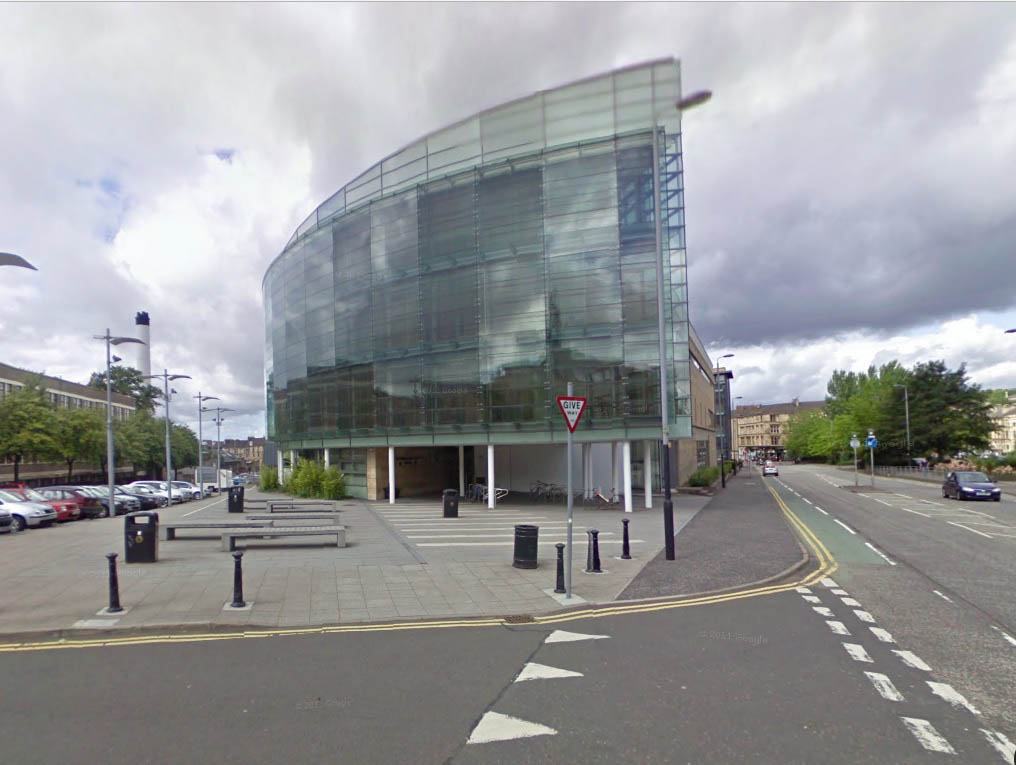MEDICAL students at a top Scottish university are given the option to miss-out on sessions teaching them how to deliver bad news to families.
Students who “feel they would struggle” are being allowed to skip role-play classes that instruct them how to break bad news to families at the University of Glasgow.
A Freedom of Information request made to the Russell Group university revealed that students are “under no obligation” to take part in role-play teaching them how to deliver sad news.

The Glasgow university, which features in the UK top 10 for teaching medicine, issues a “verbal warning” to students at the start of the session.
The document read: “For the undergraduate medicine degree verbal warnings are provided at the start of the Communication Skills Breaking Bad
News/Bereavement sessions that if any students feel they would struggle with the session or are affected by it then they should speak to a member of staff.
“They are under no obligation to undertake that particular role play.”
Mita Dhullipala (CORR),Scotland’s chairwoman for the British Medical Association students committee has defended the School of Medicine’s stance, saying students who have recently suffered bereavement should be able opt out.
She said: “It is an integral part of a doctor’s job to support patients through what can be the most painful times in their lives.
“Delivering bad news is something we would expect medical students to learn about and be exposed to during the course of their training.
“Medical schools carefully regulate scenarios to mimic situations that commonly occur on the job and it is imperative that all training doctors are equipped to deal with them in a way that is both empathetic and professional.”
“These skills are important and medical students will recognise that. But there may be occasions, perhaps if a student had suffered a recent bereavement themselves, that they may appreciate the opportunity to opt out of a role play scenario.
“The welfare and mental health of medical students is of great importance and it is crucial that further pastoral support is provided to those students who feel they are unable to take part in role-play sessions due to distress.”
The university declined to comment on the subject but recently issued a stern defence following criticism about warnings given to theology students.
According to the FOI document, a lecture on Jesus and cinema sometimes ‘contains graphic scenes of the crucifixion, and this is flagged up to students beforehand’.
A spokesman for Glasgow University said: “We have an absolute duty of care to all of our students and where it is felt course material may cause potential upset or concern warnings may be given.”
Undergraduate medicine students are also warned before their first exposure to the use of cadavers in anatomy dissection.

